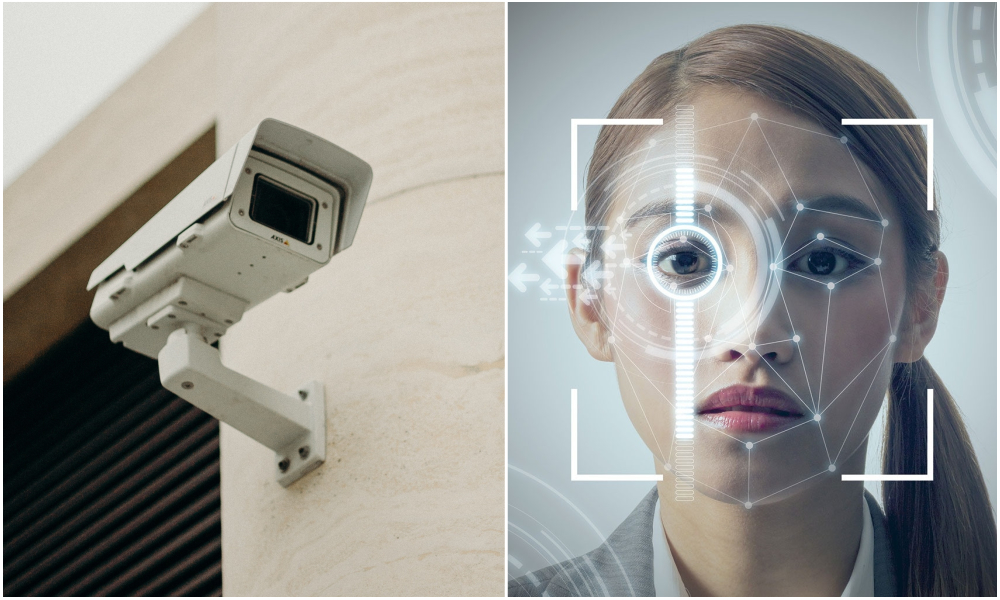

Take off the masks. In March 2020, the government authorizes the use of surveillance cameras at the Châtelet-Les Halles station to check whether users respect the wearing of masks. Since it is not a question of facial recognition, but of "counting", as specified by Xavier Fischer , director of the French company Datakalabwhich manages this surveillance system, the test was able to begin. But it was suspended on June 12, 2020. The National Commission for Informatics and Freedoms, the (Cnil), then alerted to the legal framework of this operation (it has since given the green light). Despite everything, this test raises questions, in particular these: how long before these cameras are used to verbalize users? And what will they be used for once the experiments are over?
Not yet authorized. In Paris as in Marseille, CCTV cameras are deployed. They are used to identify lost items or to catch malicious acts (brawling, harassment, pickpocketing, etc.). Since 2017, RATP has carried out several experiments such as the one carried out at Châtelet-Les Halles last May, as this Mediapart article explains . At the moment, cameras installed on the platform of the Gare de Lyon metro (line 14) aim to facilitate the flow of people, according to RTL .
But the public authority gives very little information on these tests and on how they work. There is also very little information on the purpose of these experiments and future deployments. A blur reigns, but video surveillance technologies continue to be tested, without biometrics, that is to say without facial recognition. The reason ? It's forbidden. For the moment in France, the “ General Data Protection Regulations ” and the “ Police-Justice Directive ” are the law. These texts ensure the usefulness of deployments of artificial intelligence systems for facial recognition. And in the context of transport, it is not a necessity.
Without AI, no biometrics. In Île-de-France, Valérie Pécresse recently detailed her program for the next regional elections in 2021. She notably addressed the subject of facial recognition in transport for more security. There are 80,000 “ video protection cameras ” in the region. And “ within six months, these cameras will be linked to a single transport police command center. But these cameras are only really useful with the use of artificial intelligence in order to be able to make video patrols, ”explains the outgoing president of the Ile-de-France region at the microphone of France Info. The problem for Pécresse is that in order to deploy artificial intelligence systems in transport, and to ensure that these cameras are really useful, " there is a need to change the law ".
Protect against terrorist acts. This is why it calls for a national debate to discuss ethical aspects, whether for artificial intelligence systems without facial recognition (as in Châtelet), but also with, which would only be deployed for a specific case: to recognize and list people who are convicted and or wanted for terrorist acts. The elected representative specifies that the data would not be kept, but only linked to said file.
According to the president, facial recognition systems would then be put in place to better protect users. But as often with AI and surveillance, the lack of clarity and information on the use of software and data accentuates fear as well as the fear of possible abuses on our individual freedoms. Anyway, the arrival of facial recognition in transport, it is not yet for tomorrow. But not impossible that it will be effective in the years to come. Finally, if the French so wish.
